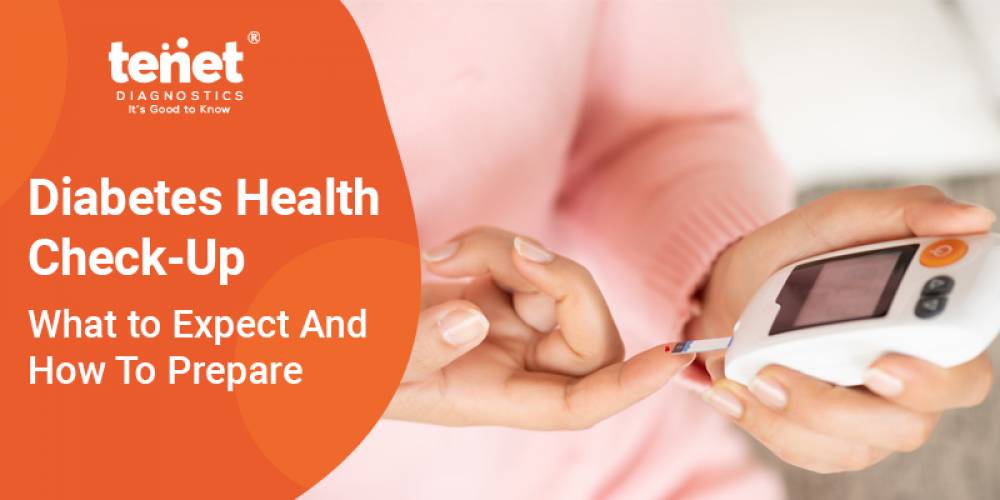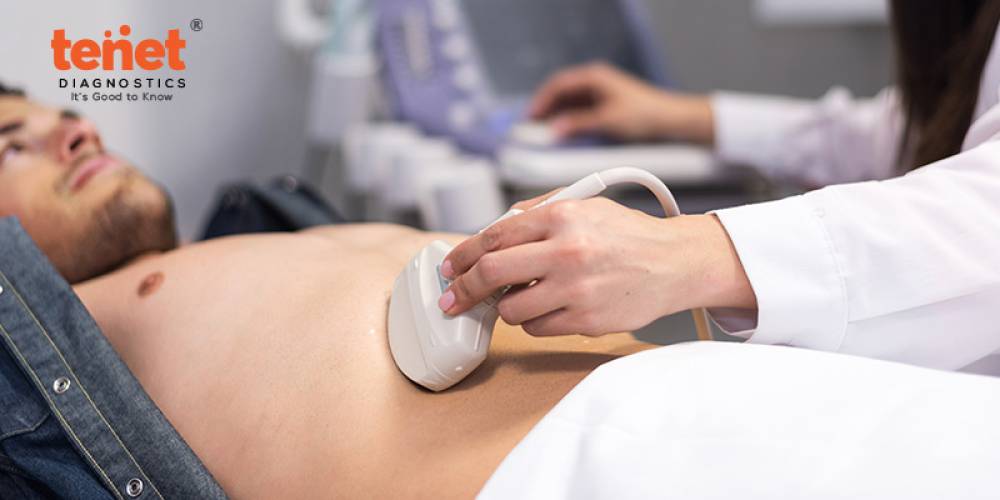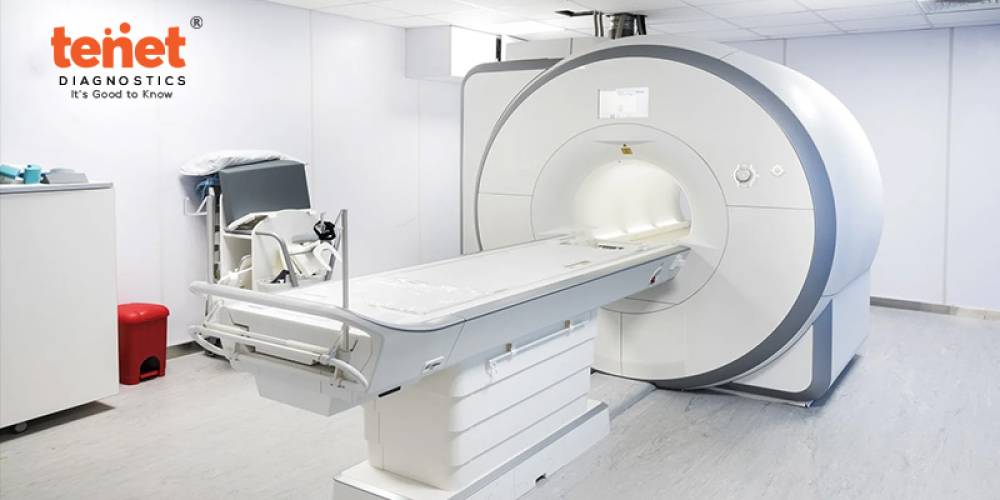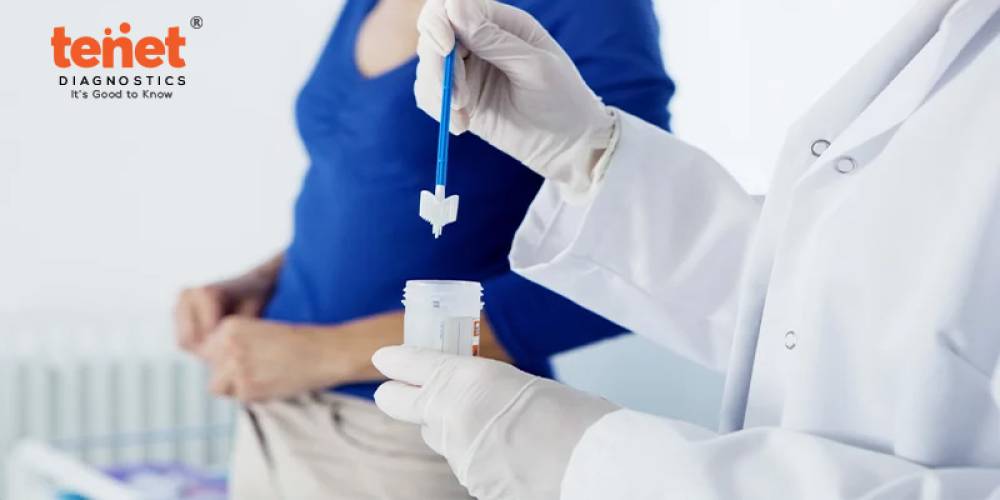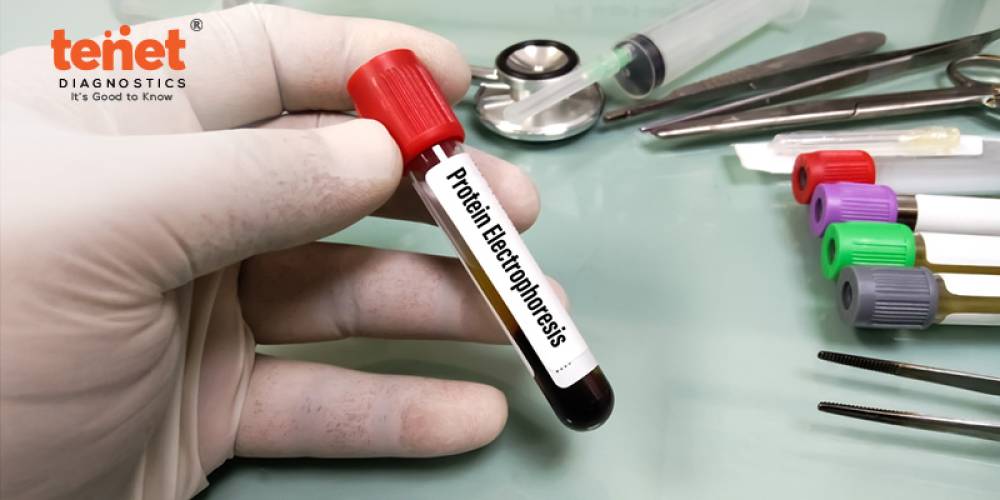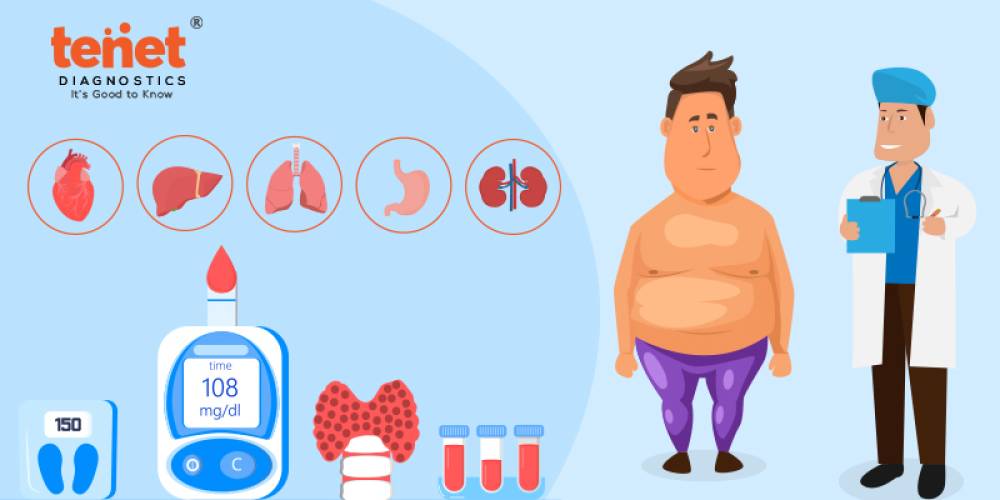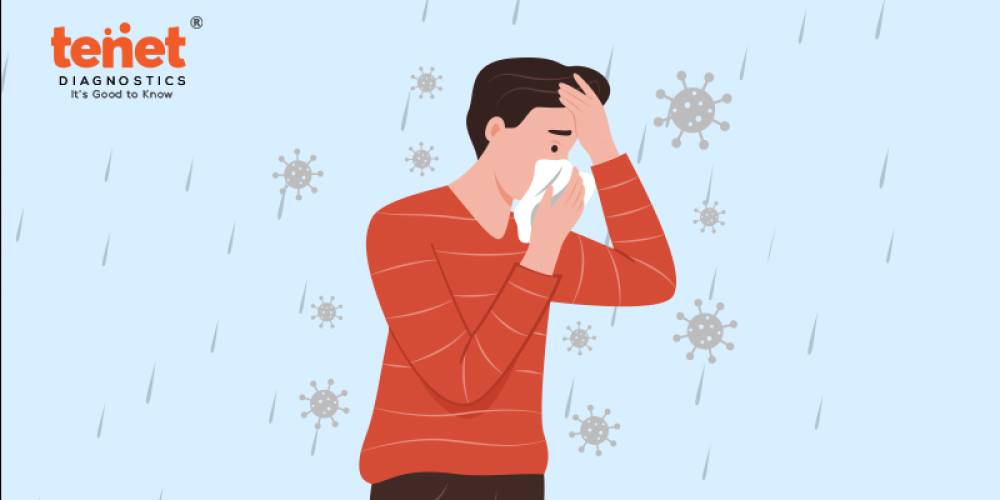Diabetes raises our risk for a wide range of significant health issues. Unfortunately, millions may not be aware that they have diabetes because there may not be any early warning indications of the condition. Diabetes can be diagnosed with the aid of blood testing.
Tests Carried Out to Check For Diabetes
1. Fasting Plasma Glucose Test
When performed in the morning, the FPG is most trustworthy. A minimum of 8 hours fasting is advised before collection. Normal range for FBS is <100 mg/dL. If your fasting glucose level is between 100 and 125 mg/dL. In that case, you have impaired fasting glucose (IFG), a form of prediabetes that indicates you are more likely to develop type 2 diabetes but do not currently have it. If the test is repeated after few days and the level is 126 mg/dL or higher, you will have diabetesmellitus.
2. Post Prandial Plasma Glucose Test
The Post Prandial Blood Sugar Test is done two hours after you end eating your meals. If your postprandial blood sugars are above 140-199 mg/dL, it indicates that you have impaired glucose, it helps detect prediabetesIf your postprandial blood sugars are more than 200 mg/dL, it indicates that you have diabetes mellitus.
3. Hba1c (Hemoglobin A1C) Test
It is a simple blood test that measures your average blood sugar levels over the past 3 months. It’s one of the commonly used tests to diagnose prediabetes and diabetes, and is also the main test to help you and your health care team manage your diabetes. No fasting or special preparation is needed for testing. In Non-diabeticindividuals the HbA1c is < 5.6 %, Pre-diabetic is between 5.7 - 6.4 % andDiabetic> 6.5 %. Higher A1C levels are linked to diabetes complications, so reaching and maintaining your individual A1C goal is really important if you have diabetes.
4. Oral Glucose Tolerance Test
The OGTT is less practical to administer but, according to research, is more accurate than the FPG test for detecting prediabetes. It would be best to fast for at least eight hours before the OGTT. Your plasma glucose is rechecked after one and two hoursrespectivelyor directly after two hours (depending on the clinician preference) after consuming a beverage containing 75 grams of glucose dispersed in water. You have impaired glucose tolerance, or IGT, which is aprediabetic state if your blood sugar level is between 140 and 199 mg/dL two hours after consuming the liquid. This means you are more inclined to develop type 2 diabetes but do not currently have it.
5. Urine Tests
Diabetes is not always diagnosed with urine tests. However, if they suspect you may have type 1 diabetes, doctors frequently utilize them. This is because the body releases ketones when adipose tissue is used as energy rather than glucose. These ketone bodies can be detected in urine by labs. If ketones are found in your urine in moderate to high concentrations, your body may not produce enough insulin to break down glucose for energy.
Factors That Affect a Diabetic Test
1. Steroids
Asthma, COPD (chronic obstructive lung disease), arthritis, and other inflammatory illnesses are just a few of the many health issues that corticosteroids, more often known as steroids, are used to treat. Steroids can be used topically, such as in hydrocortisone cream, ingested orally, administered intravenously, sprayed in the nose for respiratory disorders, or injected into joints, to mention a few. Steroids mimic the stress hormone cortisol. Blood pressure and blood sugar are both increased by cortisol. Over time, steroids may increase your body's level of insulin resistance, impairing your cells' capacity to react appropriately to the hormone insulin. This can lead to insulin resistance, which raises blood glucose levels.
2. Exercises
Exercise can affect the blood sugar level if you do it before a blood sugar test. Following training, your blood glucose level rises briefly before falling later. Therefore, depending on how recently you exercised, your blood sugar result could not accurately reflect your blood sugar level. To ensure that your blood sugar test results are as accurate as possible, try to avoid exercising the morning of the test. You can also exercise after your exam, so exercising the day before shouldn't affect your test findings. Another critical reason to avoid exercising before going to the lab for your blood sample is that exercising while not being able to eat can lead to hypoglycemia (low blood sugar).
3. Illness
Your blood sugar may be higher than usual if you battle an infection or another ailment. This is because your body experiences stress while you are ill, increasing your blood sugar. It's unlikely that having the blood sugar tested when you suffer from a minor sickness like a cold will significantly affect the findings. However, you should reschedule your blood test later if you have a more severe condition, such as an infection or the flu, as you don't want to spread your illness to others.
4. Alcohol
Your blood sugar reading may be lower than usual if you drank a lot of alcohol the night before the test. Lower blood sugar levels occur due to your liver's inability to produce glucose as it typically would while metabolizing alcohol. It is advised to avoid significant alcohol usage before a blood glucose test because doing so could lead to a falsely low result and postpone the identification of prediabetes or diabetes.
5. Lack Of Sleep
Insulin resistance can be brought on by sleep deprivation. Your blood sugar may be more significant if your body is insulin resistant. One or two nights of insufficient sleep won'tlikely affect your blood sugar levels. But if you consistently lack sleep, your chances of getting type 2 diabetes and having higher blood sugar levels increase.
Preparation Before Undergoing Blood Test
Before the test, inform your doctor about all the drugs you are taking, including prescription, over the counter, and herbal supplements. Blood glucose levels may be affected by specific medications. Therefore, before your test, your doctor may instruct you to cease taking a particular medicine or adjust the dosage temporarily. Other tips are:
1. You have eight hours before the test without eating or drinking anything besides water. Plan a fasting glucose test first thing in the morning to avoid having to fast throughout the day. It's crucial to fast before a blood glucose test since it will yield more precise findings that are simpler for your doctor to interpret.
2. You do not have to refrain from eating or drinking before random (non-fasting) blood glucose readings. However, your doctor might want you to take several arbitrary assignments throughout the day to track changes in your blood glucose levels.
3. Postprandial plasma glucose is measured using a test administered two hours after the start of a meal. When you have diabetes, this test is typically performed at home. It canassist you indetermining whetheryou're taking theappropriate insulin dosage with meals. This test must be completed two hours after you begin eating a meal.
Final Words
A blood glucose test is a crucial procedure frequently used to identify diabetes or to assist those who already have the disease in managing it. Your doctor may request a blood glucose test for an annual wellness exam. However, discuss blood glucose testing with your doctor if you notice any new signs of diabetes, such as increased thirst, frequent urination, or blurred vision.
Frequently Asked Questions
1.What Should I Eat Before the Glucose Test?
It is normally advised to adhere to specific dietary recommendations prior to having a glucose test to guarantee reliable results. Some recommendations are water, moderate amounts of carbohydrates.
2.How Do I Know If I Have Diabetes?
There are several symptoms and indicators that could point to diabetes. It's crucial to remember that only a medical practitioner can make a certain diagnosis.

